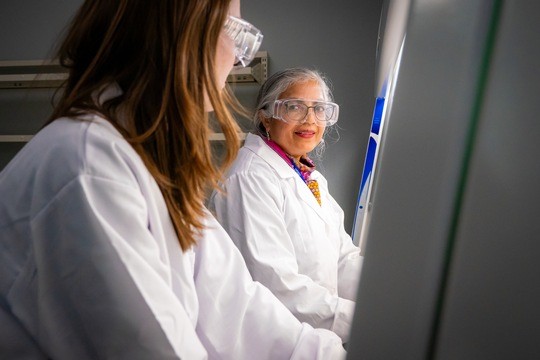

New Rabobank reports debate future of alternative meats and disruptive foods
The consumer food industry has witnessed an explosion of disruptive innovation for food products over the past decade. These can be seen in food products such as plant-based meats, insect protein bars, synthetic fat replacers, precision fermented milk proteins (and sugars), and many more – all promising to revolutionize what we eat. However, according to a new Rabobank report, Disruptive Food Products Prove To Be More Hype Than Bite: Is the Age of Food Disruption Over?, there has been more hype than bite for many of these products.
Plenty of these trends have failed to catch on with consumers, according to Tom Bailey, Senior Analyst – Consumer Foods, and brands have seen limited revenue growth, and/or have not been profitable, as many investors have learned. One of the key lessons (particularly for investors from outside the food and agriculture industry) has been that it’s more challenging to change what consumers eat than how they eat – particularly if there is a familiar, better-tasting alternative. Furthermore, the economic environment has also changed.
So, Bailey suggests, get ready for boredom, because the next few years will bring about far more incremental innovations and fewer disruptive innovations to consumer food products. Disruptive innovations will likely face more rigorous evaluation, resulting in fewer but potentially more successful disruptive products that have endured more intensive vetting. Meanwhile, we are already seeing an uptick in the number of incremental innovations on shelves and in restaurants.
A separate Rabobank report, Alternatives for Plant-based Meat Alternatives: Back to the Drawing Board, has scrutinized the emergence of plant-based meat alternatives in the US market, specifically in terms of what was promised, and what has been delivered so far. In sharp contrast with the high growth expectations set when these products first hit the market in the late 2010s, volumes have dropped from pandemic peaks, and the category is now crowded, the report concludes. A consolidation process is already underway, with many players reducing portfolios or simply turning the lights off.
The drivers behind plant-based products remain strong – for example, the desire to eat healthier, more sustainably, and in a way that is friendlier to animals – but US consumers are not yet convinced that the current plant-based products can deliver on the nutritional aspect. Moreover, sensory flaws have been listed as a major deterrent for consumer adoption of meat alternatives.
Rabobank's JP Frossard, Analyst – Consumer Foods, suggests that to reach the mainstream consumer, the plant-based movement could benefit from a reduced association with meat-mimicking and an increased focus on nutrition and clean ingredients, as sustainability appeals won’t do the job alone. This would mean adding more natural options to the current meat-mimicking portfolio and expanding the discussion toward balanced diets, nutrient diversification, reduced processing, affordability, and new ways of bringing good and delicious plants to the plate.
If you have any questions or would like to get in touch with us, please email info@futureofproteinproduction.com






